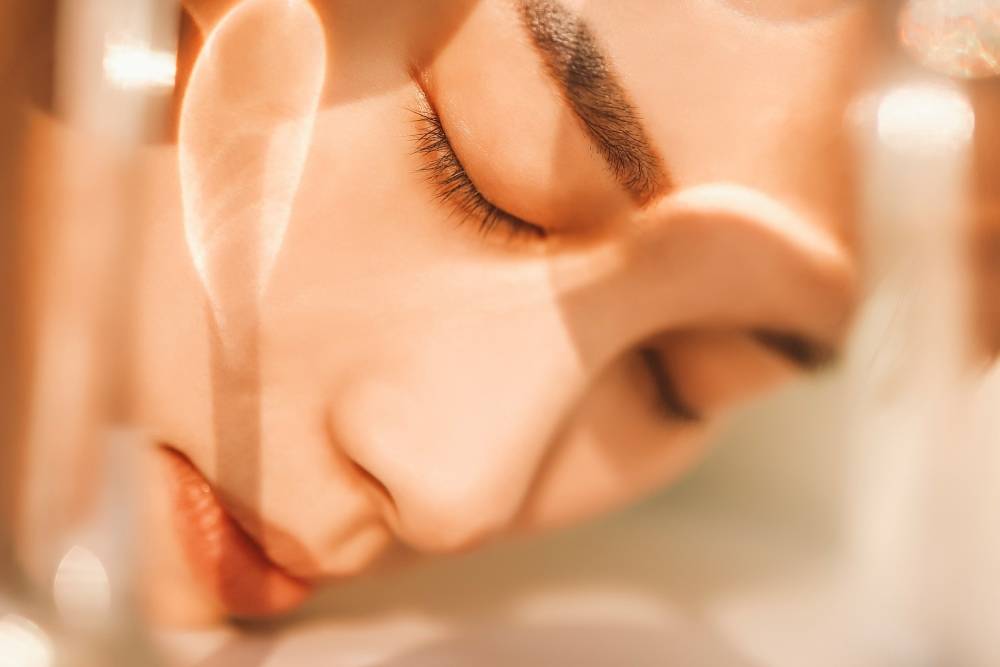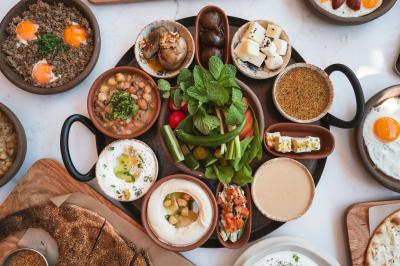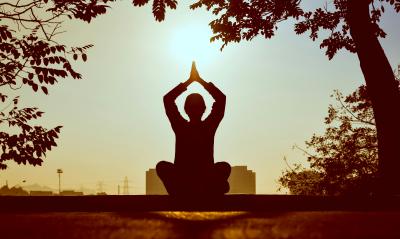During the month of Ramadan, the change in diet and meal schedule, as well as reduced water consumption, can lead to a loss of moisture and elasticity in the skin, making it appear tired and dull.
Indeed, fasting can cause the skin to become dry and dull, and accentuate wrinkles due to a lack of hydration. There is a link between high water consumption and healthy skin. It is important to hydrate during the hours when you are not fasting, as your skin is composed of cells that need water to function properly.
Similarly, it is advisable to drink two liters of water each night and opt for a non-greasy moisturizing cream with a high SPF that is suitable for your skin type.
Moreover, fasting can make the lips dry and chapped, so it is important to apply a lip balm made from nourishing natural ingredients, such as beeswax and vitamin E, to prevent cracking.
Furthermore, food can also affect the overall health of the skin. Refined carbohydrates increase bad bacteria in the intestines, which can lead to acne, so it is important to avoid or reduce processed sugar and spices, which also contribute to acne and premature aging. Similarly, caffeine, processed foods, and saturated fats should be consumed in moderation. Therefore, it is recommended to opt for a diet rich in fruits and vegetables to help boost your body's vitamins and antioxidants, and keep your skin hydrated during Ramadan.
Please post your comments on:
[email protected]
 Politics
Politics








